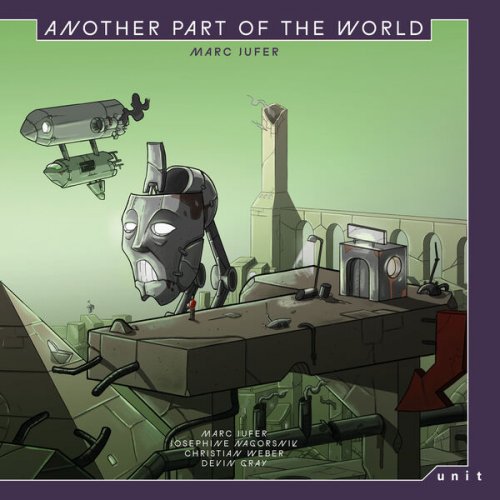Mathias Eick, Jon Balke, Audun Kleive, Audun Erlien - The Door (2008) Lossless
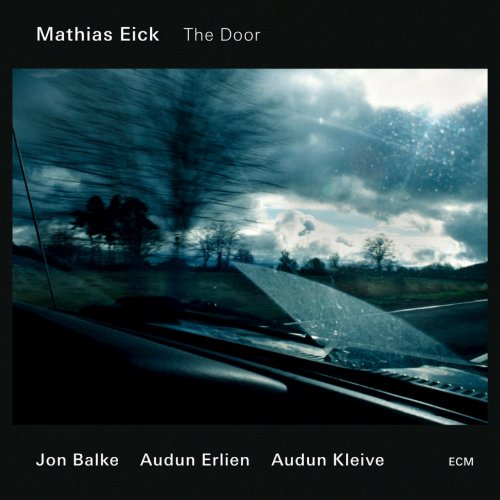
Artist: Mathias Eick, Jon Balke, Audun Kleive, Audun Erlien
Title: The Door
Year Of Release: 2008
Label: ECM
Genre: Jazz
Quality: FLAC (tracks)
Total Time: 49:14
Total Size: 234 Mb
WebSite: Album Preview
Tracklist: Title: The Door
Year Of Release: 2008
Label: ECM
Genre: Jazz
Quality: FLAC (tracks)
Total Time: 49:14
Total Size: 234 Mb
WebSite: Album Preview
1. The Door (7:52)
2. Stavanger (7:00)
3. Cologne Blues (8:48)
4. October (4:36)
5. December (4:45)
6. Williamsburg (7:22)
7. Fly (4:35)
8. Porvoo (4:15)
Personnel:
Mathias Eick - trumpet, guitar, vibraphone
Jon Balke - piano, Fender Rhodes
Audun Erlien - electric bass, guitar
Audun Kleive - drums, percussion
Stian Carstensen - pedal steel guitar on Cologne Blues, October and December
It seems strange that The Door on ECM is 29-year-old trumpeter/composer Mathias Eick's debut album as a bandleader. Strange because despite his age, Eick has appeared on over 50 recordings already, five of them -- not including this one -- for ECM in the last four years. But it's not only that Eick is, like many of his generation in Norway, a very diverse musician whose tastes run from jazz to club to rock & roll to funk, it's more that these are all traditions that are opening up to one another in new ways in the 21st century (in Europe at least). Some evidence is in his choice of companions on The Door. Veteran pianist and fellow ECM labelmate Jon Balke is here, as is bassist and guitarist Audun Erlien (a member of Eivind Aarset's recording and touring groups), drummer Audun Kleive, who plays with Balke and Jan Garbarek's groups as well as performing on the Terje Rypdal/Ronni Le Tekrø albums, and the nearly ubiquitous multi-instrumentalist Stian Carstensen on pedal steel on three of the set's eight tunes.
Eick's tone on the trumpet is almost signature. It's warm but explores high registers quite comfortably without sounding thin. His compositions explore the relative boundary-blurring terrains between experimentalist notions, the purer melodies found in the folk musics of his region, and the exploration of various timbral extensions, As a leader he continually engages time and space explorations as the device of depth communication in skeletal but restrained frameworks. One of his lyric influences is certainly his countryman Garbarek. Eick takes a tune like the opening title number and pursues all of its melodic possibilities on his horn and a guitar as his ensemble picks up cues and travels down the same path, albeit at a different pace. On "Cologne Blues," he allows the feeling of both the blues and more elegiac traditional forms to dictate his solo path, even as Carstensen paints the backdrop with atmospheres more akin to arid terrains than these lush moody ones. On "Stavanger," mutant broken beat grooves and slightly angular ideas from Balke pose questions in forms, such as funky pastoral notions where lyric, and more challenging tonal ones encounter shifting rhythmic passages. Yet, as is always the case with Eick, the melodic theme returns in the same way that time is cyclical. Musical architectures and interrogative concepts push at one another inside the spaces he leaves, but they are bridged by his utterly magnificent lyricism.
Eick is an extremely canny player as well as a composer. He can smatter notes with the best of them, but he resists that temptation at every turn on The Door. Instead, he prefers to create quiet, groove-like statements that subtly encourage -- by way of seduction -- the listener's attention, which opens from curiosity to passive acceptance to active participation in each track. This is an excellent introduction to a player who has plenty to say and many ways of saying it. The Door is a beautifully mysterious and deeply satisfying entry in the ECM canon and a very auspicious debut.
Eick's tone on the trumpet is almost signature. It's warm but explores high registers quite comfortably without sounding thin. His compositions explore the relative boundary-blurring terrains between experimentalist notions, the purer melodies found in the folk musics of his region, and the exploration of various timbral extensions, As a leader he continually engages time and space explorations as the device of depth communication in skeletal but restrained frameworks. One of his lyric influences is certainly his countryman Garbarek. Eick takes a tune like the opening title number and pursues all of its melodic possibilities on his horn and a guitar as his ensemble picks up cues and travels down the same path, albeit at a different pace. On "Cologne Blues," he allows the feeling of both the blues and more elegiac traditional forms to dictate his solo path, even as Carstensen paints the backdrop with atmospheres more akin to arid terrains than these lush moody ones. On "Stavanger," mutant broken beat grooves and slightly angular ideas from Balke pose questions in forms, such as funky pastoral notions where lyric, and more challenging tonal ones encounter shifting rhythmic passages. Yet, as is always the case with Eick, the melodic theme returns in the same way that time is cyclical. Musical architectures and interrogative concepts push at one another inside the spaces he leaves, but they are bridged by his utterly magnificent lyricism.
Eick is an extremely canny player as well as a composer. He can smatter notes with the best of them, but he resists that temptation at every turn on The Door. Instead, he prefers to create quiet, groove-like statements that subtly encourage -- by way of seduction -- the listener's attention, which opens from curiosity to passive acceptance to active participation in each track. This is an excellent introduction to a player who has plenty to say and many ways of saying it. The Door is a beautifully mysterious and deeply satisfying entry in the ECM canon and a very auspicious debut.
![Stephen Parisi Jr. - Buddy! (2026) [Hi-Res] Stephen Parisi Jr. - Buddy! (2026) [Hi-Res]](https://img.israbox.com/img/2026-02/20/fvrxk8mfalmhx2kjnbwaetofm.jpg)
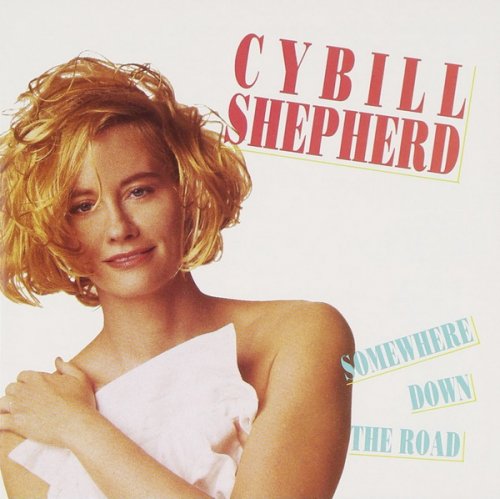
![Susie Philipsen - Sunday Kissing Club (2026) [Hi-Res] Susie Philipsen - Sunday Kissing Club (2026) [Hi-Res]](https://www.dibpic.com/uploads/posts/2026-02/1771738386_500x500.jpg)
![The Three Seas - Antaḥkaraṇa (2026) [Hi-Res] The Three Seas - Antaḥkaraṇa (2026) [Hi-Res]](https://img.israbox.com/img/2026-02/19/uhghtg21m4gkq8nt8lyl1f5dq.jpg)
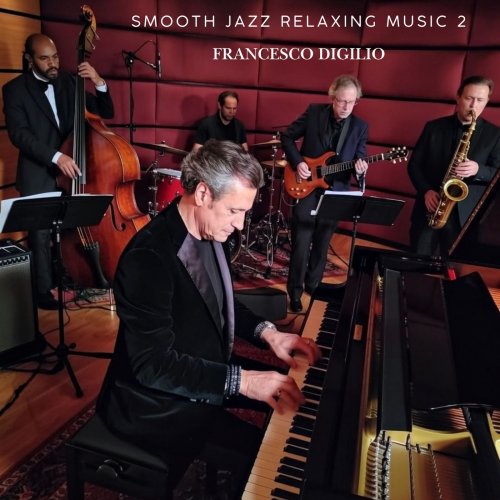
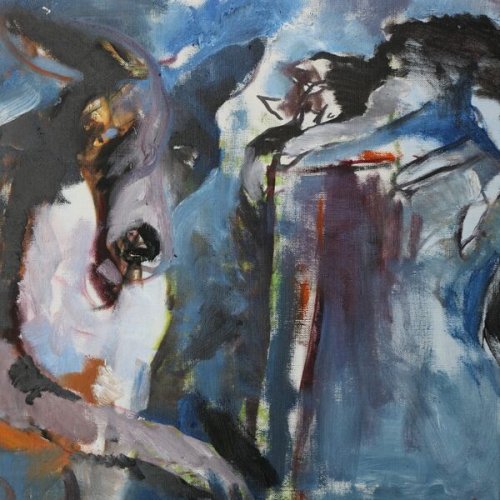
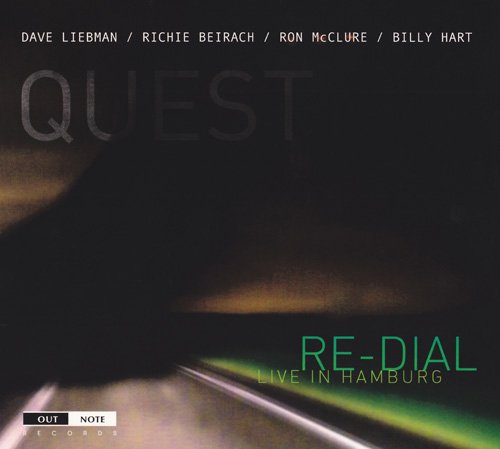
![Acid Mothers Reynols, Acid Mothers Temple, Reynols - Vol. 3 (2024) [Hi-Res] Acid Mothers Reynols, Acid Mothers Temple, Reynols - Vol. 3 (2024) [Hi-Res]](https://img.israbox.com/img/2026-02/21/vgzin7mjpuc9xi8v2ce3z1jc8.jpg)
